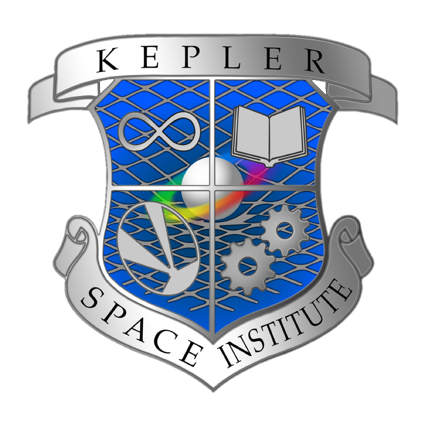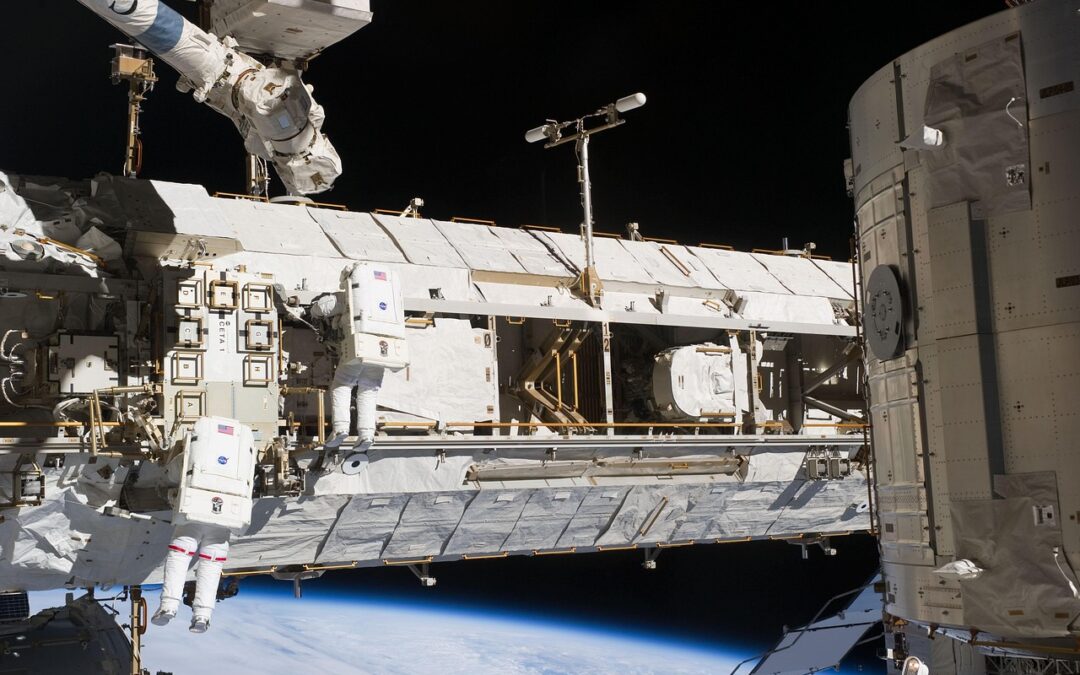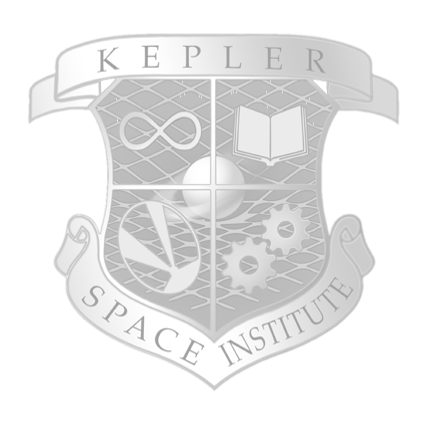Kepler Space Institute meets the rising demand for professionals in Space Industry
BRADENTON, FLORIDA MARCH 03, 2022 – The Kepler Space Institute meets the rising demand for professionals with new Master of Science Degree Programs in Interdisciplinary Space Studies. The programs are set to launch in Spring 2022, geared toward students who are looking to enter the rapidly growing Space Industry – or those who are already in the industry looking to further their education.
“We were seeing demand in the market, as well as from our own faculty, who expressed interest in developing academic offerings in space studies from a variety of perspectives,” says Edward Kiker, Chairman of the Board of Directors of Kepler Space Institute, “Our graduate programs take an interdisciplinary approach to provide students with the necessary skills to drive innovation in the private and public sectors.”
The masters’ degree program is 36 credit hours and is structured for full-time students to complete their courses in two years. The degrees will be offered in an online format that provides students a flexible learning style for working adults and allows industry professionals to share their insights through teaching. KSI is seeking applicants from a diverse range of academic disciplines, but they should have a Bachelor’s Degree from a college or university accredited by the appropriate regional association with a minimum grade point average of 2.5 on a 4.0 scale or equivalent work experience in professional academic and/or government or private industry positions and achievements. Each applicant’s specific experience will be evaluated by the KSI Admissions Committee. Admission requirements also include a completed admissions application, copies of transcripts, Graduate Record Examination (GRE) revised General Test score or a Miller’s Analogy Test (MAT) score at or above the 50th percentile, and three letters of recommendation.
“These new degrees were designed to meet the needs and gaps in knowledge within the space industry and offer coursework, project-based, and thesis-based study options that will equip students with the tools to define, research and solve emerging challenges supporting the migration of humans to space,” said, Haroon Oqab, Chief Executive Officer for the Kepler Space Institute. “The new master’s degrees provide graduates with insights gained through problem-solving and continues to enhance the school’s mission to benefit society and advance human knowledge and expertise.”
“Professionals in the program will be exposed to a wide array of topics, such as human space exploration, entrepreneurship and space sustainability,” Mr. Oqab adds. “With a vast approach to space education, KSI’s new degree programs will feature five technical specializations – space studies, space agriculture, space architecture, space health and space resources.”
M.S. PROGRAM OPTIONS
MASTER OF SCIENCE DEGREE (M.S. COURSE-BASED)
Complete a total of 36 credit hours, with all 21 credit hours comprised of Core Courses, and 15 additional credit hours from the Technical Specialization Tracks. The program is designed for professionals who have been with government, industry, or private practice and who wish to return for upgrading and specialization.
MASTER OF SCIENCE DEGREE (M.S. PROJECT-BASED)
Complete a total of 36 credit hours, with all 21 credit hours comprised of Core Courses, and 15 additional credit hours from Technical Specialization Tracks, including the completion of a project under the supervision of a faculty member. Students will select a research topic, perform experiments, computation, or analysis relevant to the topic, and report their results. The project-based degree is designed to train academics in planning, conducting, evaluating and reporting leading original research with a high degree of competence and integrity.
MASTER OF SCIENCE DEGREE (M.S. THESIS-BASED)
Complete a total of 36 credit hours, with all 21 credit hours of comprised Core Courses and 15 additional credit hours from the Technical Specialization Tracks, including the completion of a thesis under the supervision of a faculty member. Students will select a research topic, perform experiments, computation, or analysis relevant to the topic, and report their results. The thesis-based degree is designed to train academics in planning, conducting, evaluating and reporting leading original research with a high degree of competence and integrity.
KSI is currently accepting applications for the Summer 2022 semester for its new Master of Science in Interdisciplinary Space Studies.
For more information, visit https://keplerspaceinstitute.com/iss/.
Visit us on social media:
Facebook
Instagram
Twitter
LinkedIn




